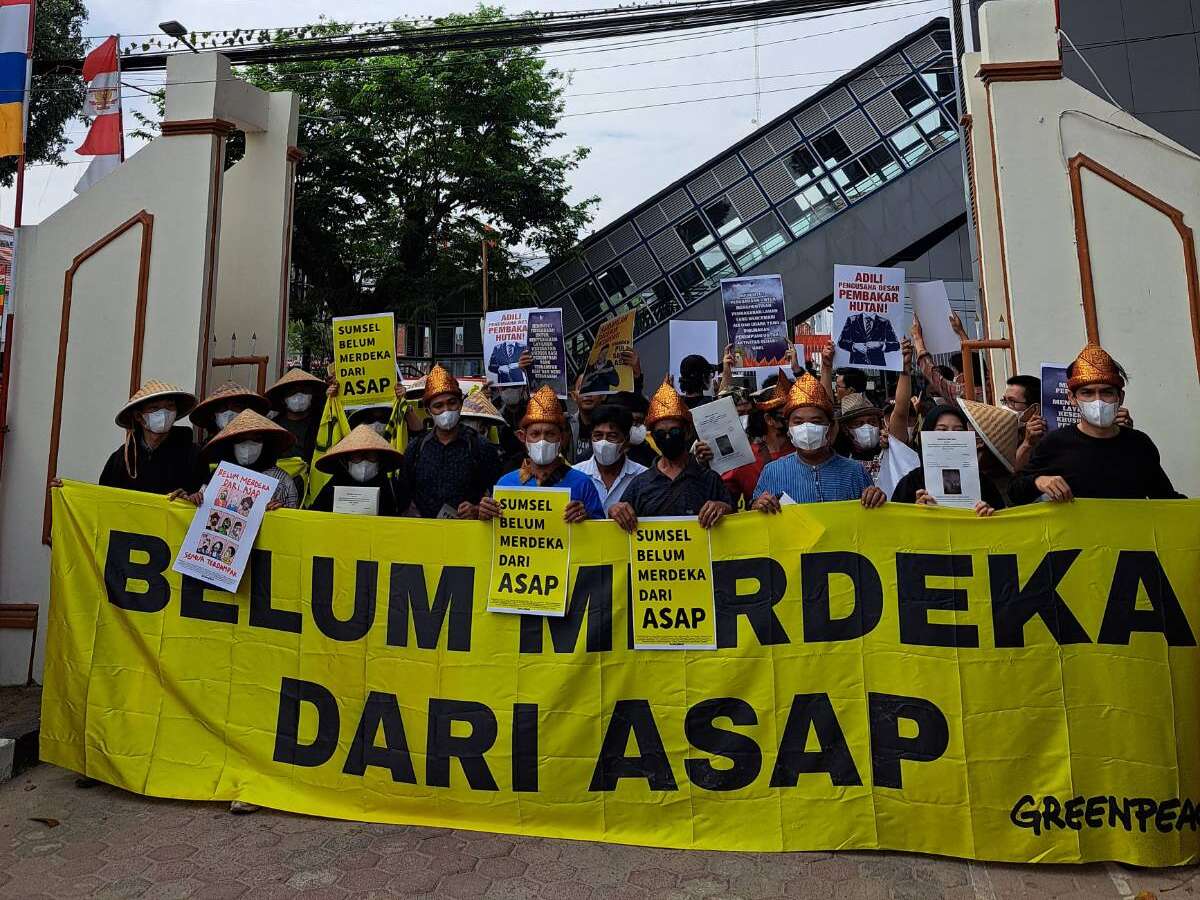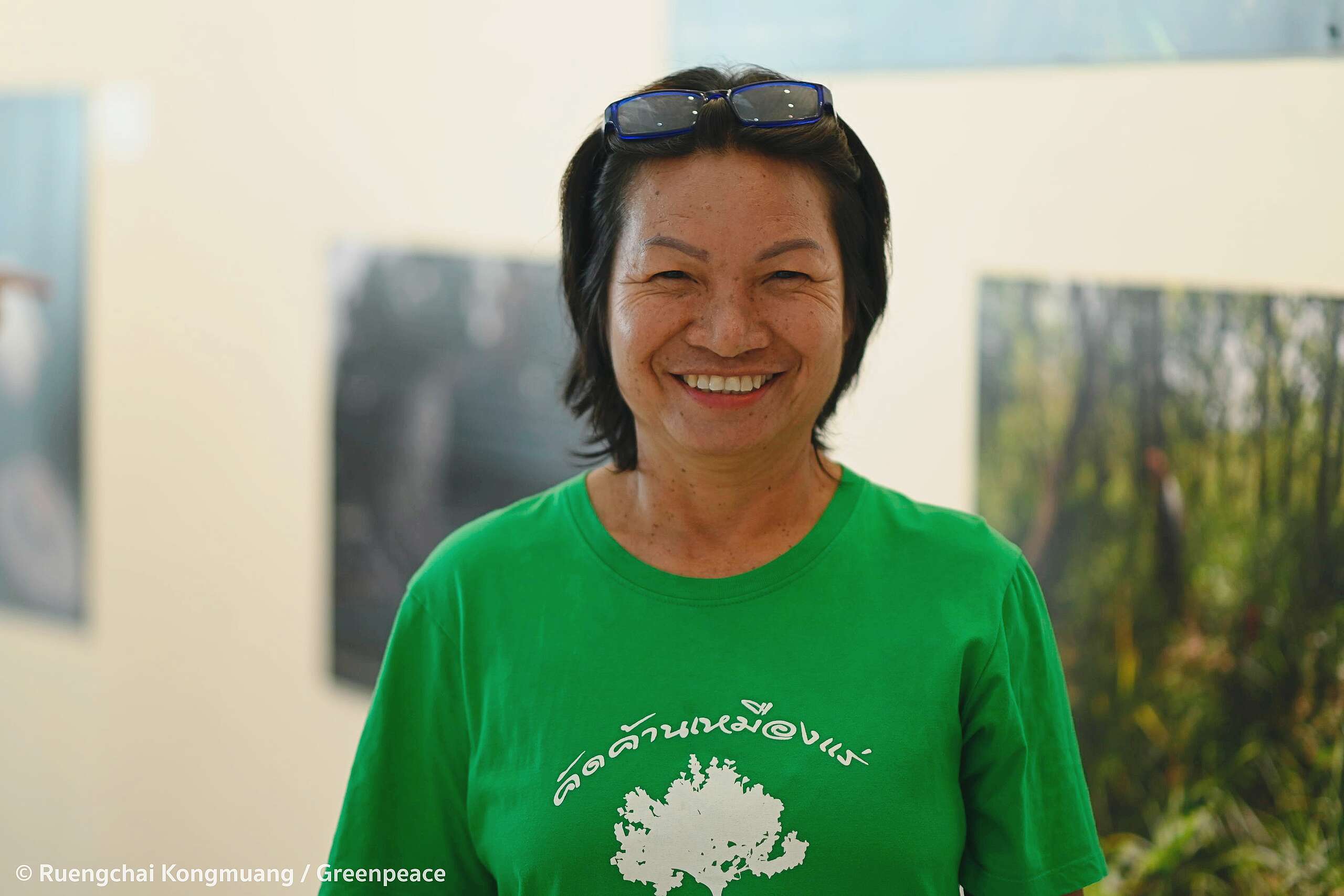Manila, Philippines— President Rodrigo Duterte on Wednesday delivered a speech at the UN calling on rich nations to help developing countries, like the Philippines, avert issues exacerbated by inequality, such as the “worsened” climate crisis, vaccines, and geopolitical imbalance.
Reacting to the President’s call for climate action, Greenpeace Philippines Country Director Lea Guerrero said:
“We affirm President Rodrigo Duterte’s call for developed countries and big businesses to reduce their emissions to protect communities at the frontline of the worsening climate crisis. His call is timely as we mark the sixth anniversary of the filing of the world’s first Climate Change and Human Rights Inquiry [1]. But while vulnerable countries are suffering and communities are bearing the brunt, we have yet to hear governments, such as the Philippines, call for accountability from fossil fuel companies who hold a big share of the responsibility. Addressing the climate crisis must primarily include calling on carbon majors out for their responsibility in fuelling the climate crisis, and the Philippines, with this Inquiry, can be among the first to make this call.
“While it is good that the current administration has called for a coal moratorium, several coal projects remain in the pipeline, and the unconditional commitments in the NDCs to reduce emissions remain insignificant. Duterte must commit to an urgent and managed transition to renewable energy (RE) by cancelling coal projects that are still unbuilt but approved, including the phaseout plan for operating coal plants, and halting all plans for fossil gas expansion.
“In his last year in office, President Duterte and his administration must also abandon their dangerous nuclear ambitions. Pursuing nuclear energy contradicts all of his calls for climate justice, equality, inclusive green economy and the protection of our people. Nuclear is the most dangerous and expensive source of electricity and does not have any role in a green and just recovery.
“A Greenpeace report [2] has shown that it is possible for the Philippines to aim for 50% RE by 2030. RE is now cheaper than fossil fuels and sun and wind are abundant in the country. Instead of pursuing nuclear and fossil gas, the government must focus its efforts in ensuring that the right policies are in place to enable this massive uptake of RE.
“As an organization working with communities most affected by this crisis, we remain open to working with the government to ensure that we are on track to protect our country and our people amid the climate crisis and the injustices it creates and exacerbates.”
[1] The world’s first Climate Change and Human Rights Inquiry, filed by Filipino typhoon survivors, communities, and civil society organizations at the Commission on Human Rights on September 22, 2015, seeks to hold carbon majors accountable for human rights harms arising from the climate crisis. It now awaits the final resolution and conclusion.
[2] A 2020 Greenpeace report showed the country can still be on track with global climate targets if it creates exclusions for new coal and gas starting this year, increase its RE target to 50% by 2030, and improve grid development for utility-scale solar and wind.
Media contact:
Angeli Cantillana
Communications Campaigner, Greenpeace Southeast Asia – Philippines
[email protected] | +63 998 595 9733



